Climate change is coming for the world's poles

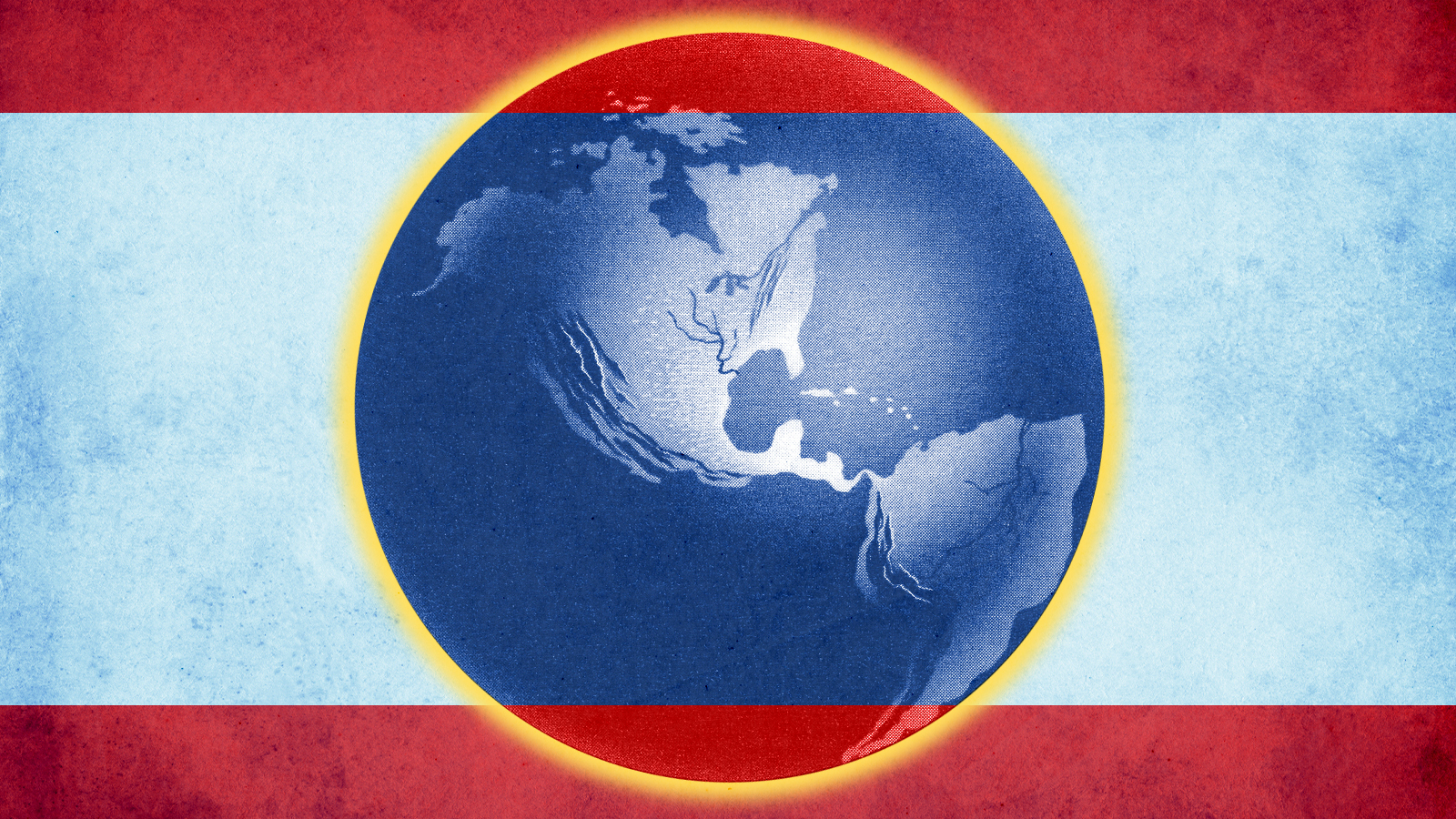
A free daily email with the biggest news stories of the day – and the best features from TheWeek.com
You are now subscribed
Your newsletter sign-up was successful
One notable feature of climate change is how the coldest parts of the planet are seeing the most extreme effects. Up north, for instance, Alaska shattered its statewide temperature record on Dec. 26, when a tidal station off Kodiak Island recorded an incomprehensible 67 degrees Fahrenheit. Nearby Kodiak City registered 65 degrees, which not only broke its record for that particular date by 20 degrees and its monthly record by nine degrees, but also would have set a record for any day between Oct. 5 and April 21. Cold Bay, Alaska broke its daily record by 18 degrees, which would have set a monthly record from November to April.
Setting heat records by that kind of gigantic margin is totally inconceivable without climate change.
Ironically, that warmer, moister air is now expected to hit unusually cold temperatures to produce freezing rain and unusually heavy snow that will encase cities across the state in ice. That kind of erratic see-sawing between extreme conditions is also fast becoming a classic characteristic of climate change.
The Week
Escape your echo chamber. Get the facts behind the news, plus analysis from multiple perspectives.

Sign up for The Week's Free Newsletters
From our morning news briefing to a weekly Good News Newsletter, get the best of The Week delivered directly to your inbox.
From our morning news briefing to a weekly Good News Newsletter, get the best of The Week delivered directly to your inbox.
On the opposite side of the planet, new science has found that a key Antarctic ice sheet is even more unstable than previously thought. A large group of scientists studying the Thwaites Glacier (which is about the size of Florida) recently found troubling new evidence suggesting it may collapse entirely, possibly in less than a decade, which would have dire consequences indeed.
"It's doubled its outflow speed within the last 30 years, and the glacier in its entirety holds enough water to raise sea level by over two feet," Ted Scambos, the lead scientist on the project, said in a press release. Worse, Thwaites currently blocks the rest of the West Antarctic ice sheet from the ocean. Should it collapse, it "could lead to even more sea-level rise, up to 10 feet, if it draws the surrounding glaciers with it," said Scambos.
As Jeff Goodell writes at Rolling Stone, just two feet of sea-level rise would put huge chunks of southern Florida permanently underwater, as well as dozens of other coastal cities in the U.S. and around the world.
As Alaska and Antarctica melt, it's a reminder that climate change isn't just an issue for environmentalists — it's a clear and present danger to the physical security of the American people and all humanity.
A free daily email with the biggest news stories of the day – and the best features from TheWeek.com
Ryan Cooper is a national correspondent at TheWeek.com. His work has appeared in the Washington Monthly, The New Republic, and the Washington Post.
-
 Antonia Romeo and Whitehall’s women problem
Antonia Romeo and Whitehall’s women problemThe Explainer Before her appointment as cabinet secretary, commentators said hostile briefings and vetting concerns were evidence of ‘sexist, misogynistic culture’ in No. 10
-
 Local elections 2026: where are they and who is expected to win?
Local elections 2026: where are they and who is expected to win?The Explainer Labour is braced for heavy losses and U-turn on postponing some council elections hasn’t helped the party’s prospects
-
 6 of the world’s most accessible destinations
6 of the world’s most accessible destinationsThe Week Recommends Experience all of Berlin, Singapore and Sydney
-
 Canyons under the Antarctic have deep impacts
Canyons under the Antarctic have deep impactsUnder the radar Submarine canyons could be affecting the climate more than previously thought
-
 What would happen to Earth if humans went extinct?
What would happen to Earth if humans went extinct?The Explainer Human extinction could potentially give rise to new species and climates
-
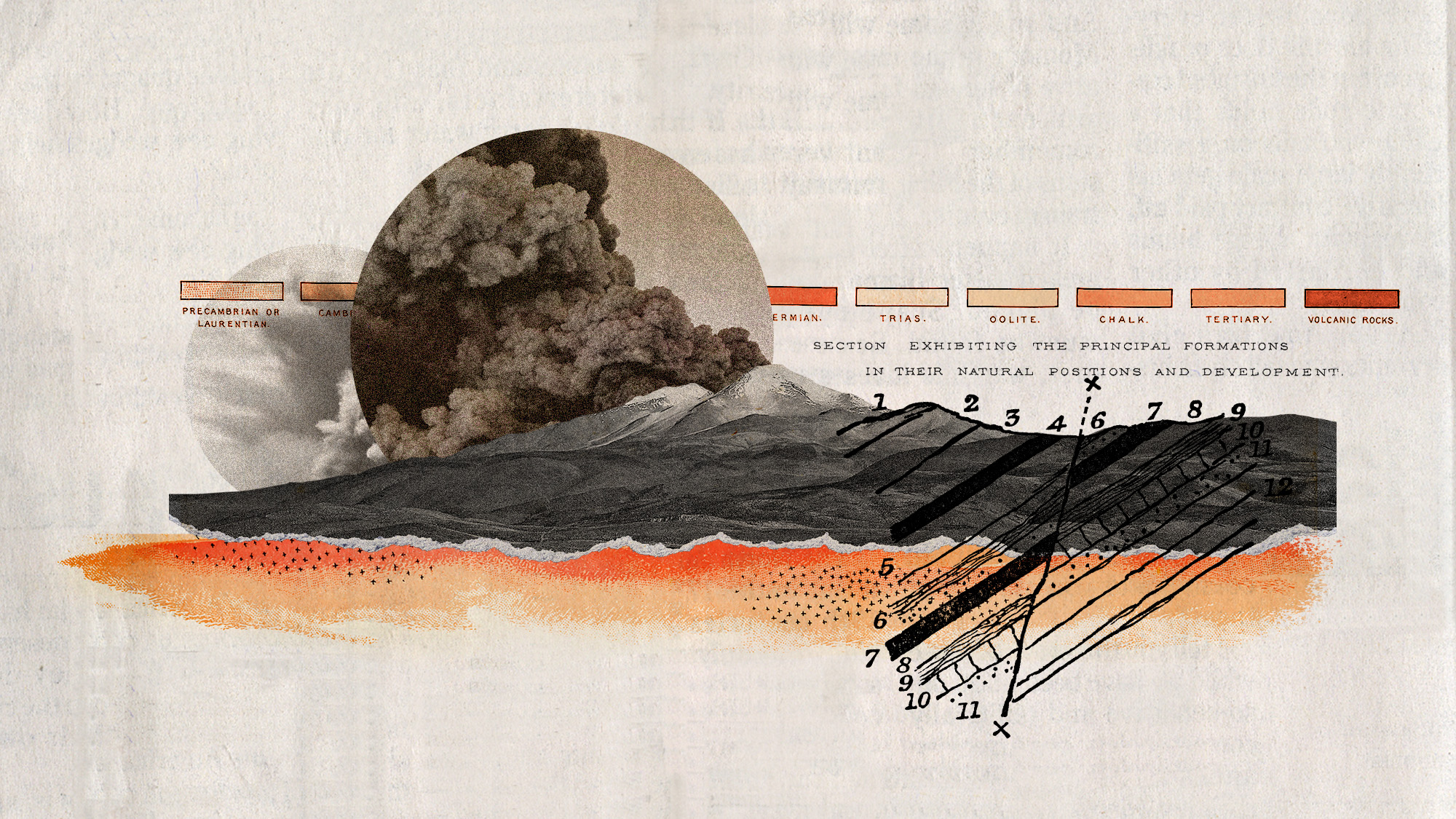 A zombie volcano is coming back to life, but there is no need to worry just yet
A zombie volcano is coming back to life, but there is no need to worry just yetUnder the radar Uturuncu's seismic activity is the result of a hydrothermal system
-
 'Bioelectric bacteria on steroids' could aid in pollutant cleanup and energy renewal
'Bioelectric bacteria on steroids' could aid in pollutant cleanup and energy renewalUnder the radar The new species is sparking hope for environmental efforts
-
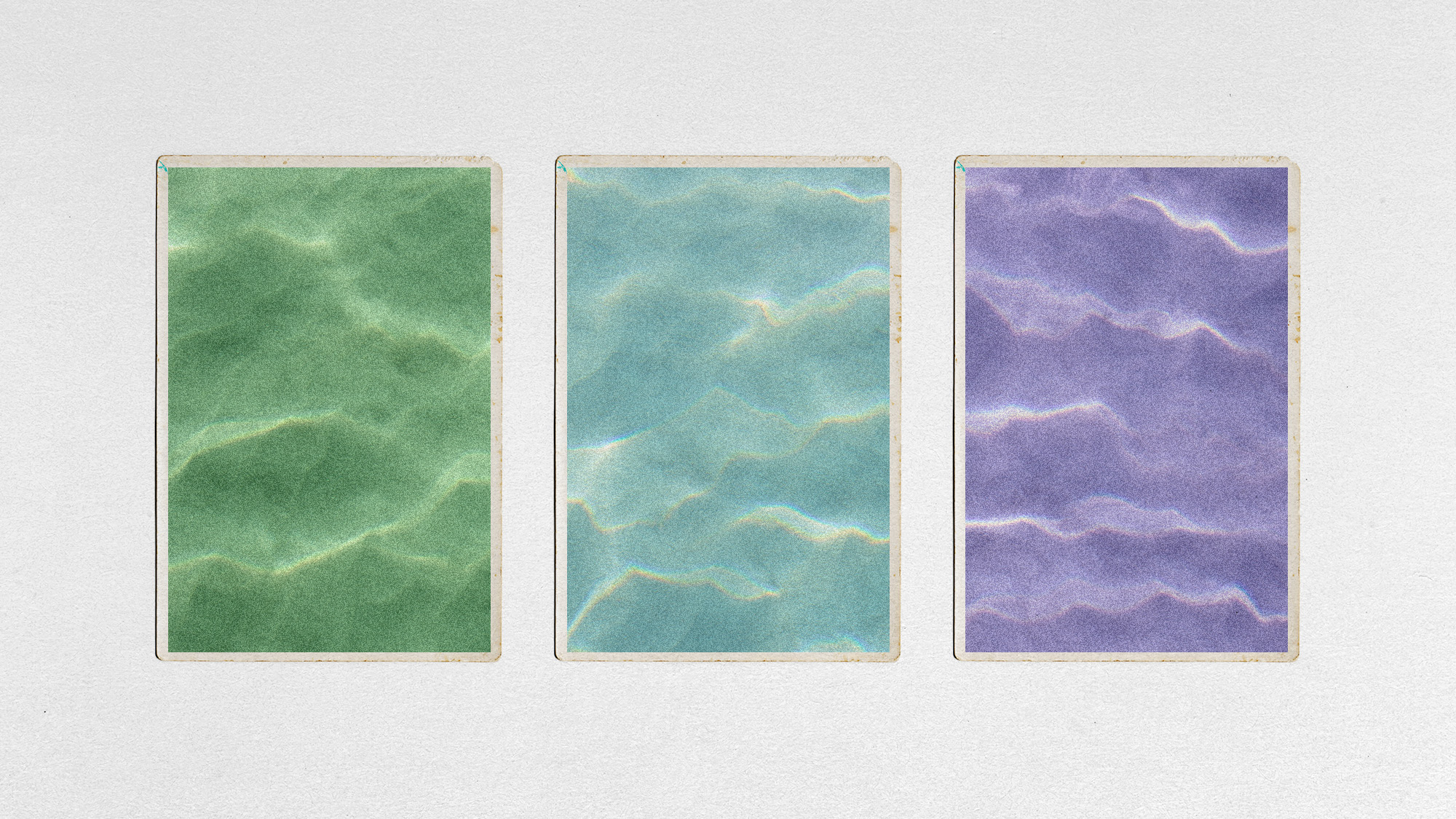 Earth's oceans were once green and could one day turn purple
Earth's oceans were once green and could one day turn purpleUnder the radar The current blue may be temporary
-
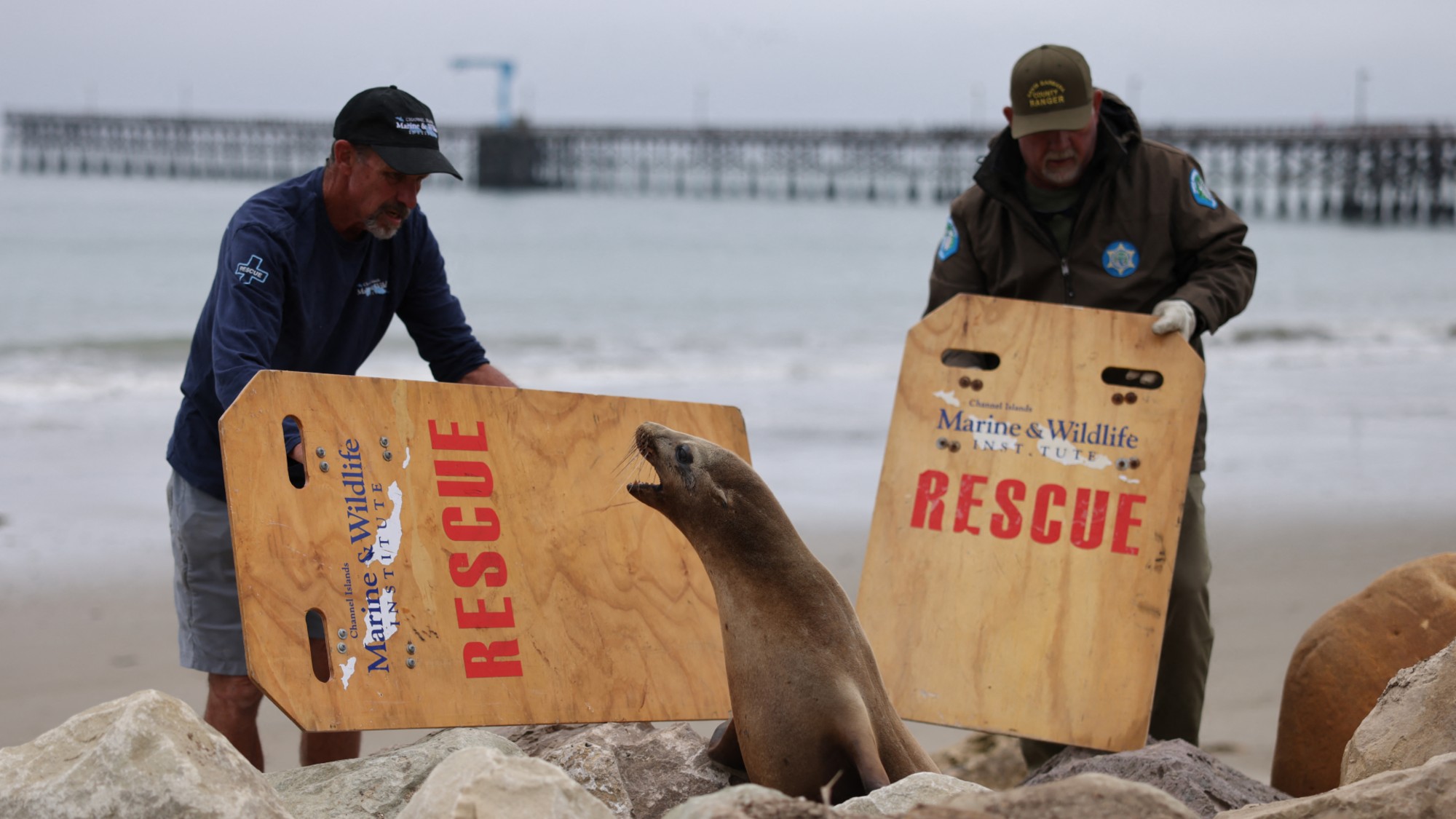 Toxic algae could be causing sea lions to attack
Toxic algae could be causing sea lions to attackIn the Spotlight A particular algae is known to make animals more aggressive
-
 Cautious optimism surrounds plans for the world's first nuclear fusion power plant
Cautious optimism surrounds plans for the world's first nuclear fusion power plantTalking Point Some in the industry feel that the plant will face many challenges
-
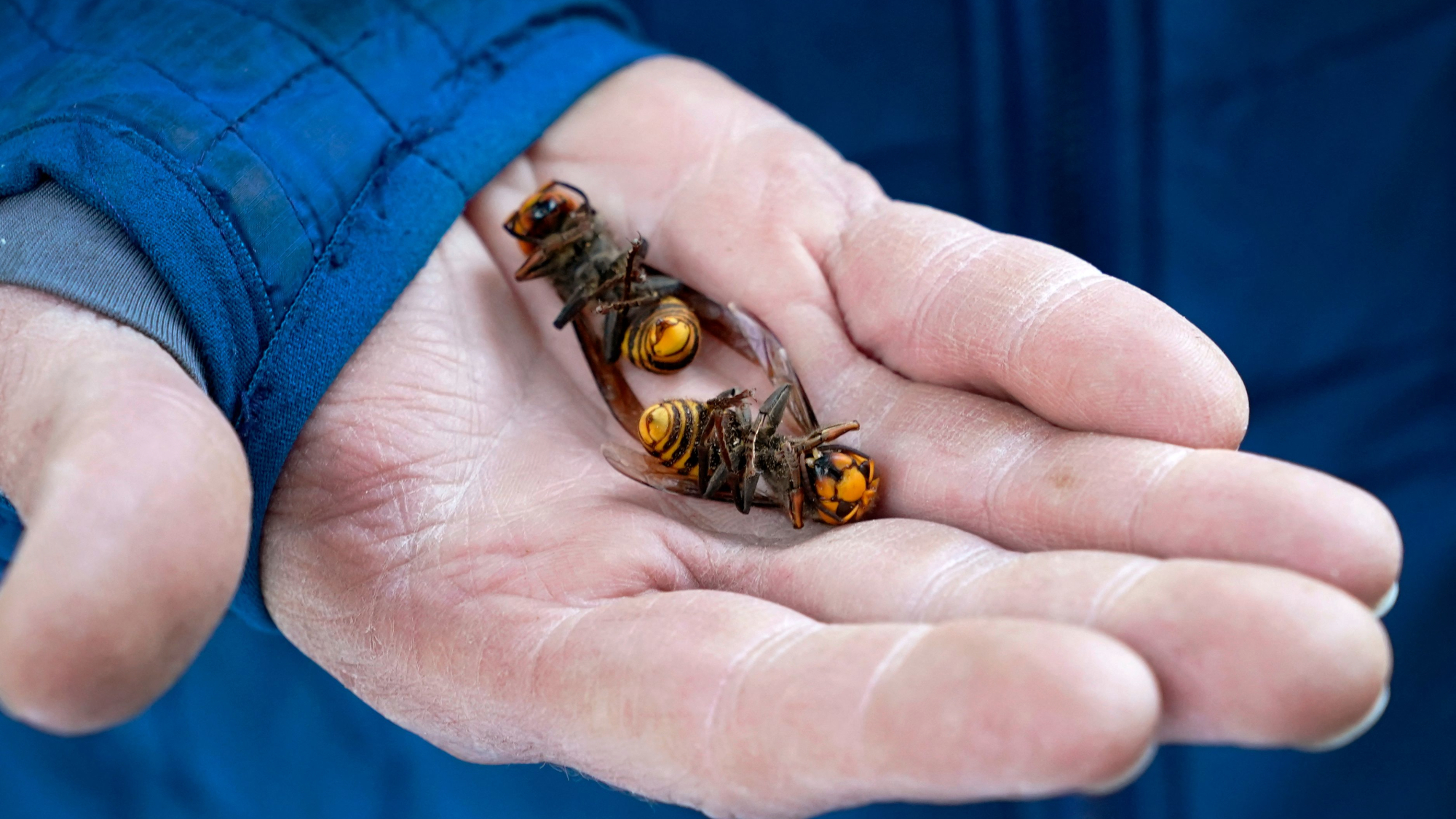 US won its war on 'murder hornets,' officials say
US won its war on 'murder hornets,' officials saySpeed Read The announcement comes five years after the hornets were first spotted in the US
